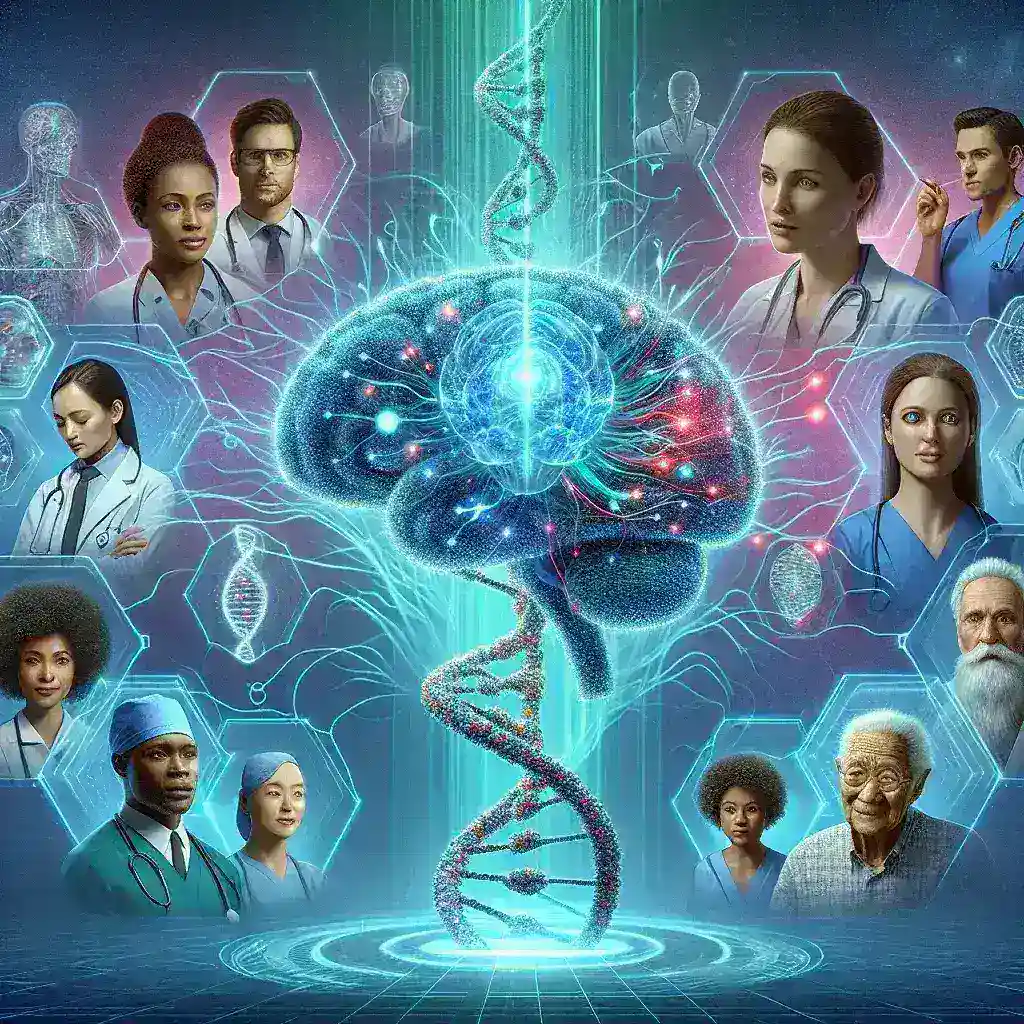Introduction to AI in Healthcare
The integration of Artificial Intelligence (AI) in healthcare is transforming the industry, bringing forth innovative solutions that enhance patient care, streamline processes, and improve health outcomes. From diagnostics to treatment plans, AI technologies are optimizing the way healthcare is delivered.
Key Areas of AI Impact
1. Diagnostics
AI algorithms are revolutionizing diagnostics by analyzing medical images, lab results, and patient data at unprecedented speeds. Machine learning models can detect anomalies in imaging scans, leading to early identification of diseases such as cancer.
2. Personalized Medicine
AI systems analyze genetic information, lifestyle factors, and past medical history to help tailor individualized treatment plans. This precision medicine approach ensures patients receive therapies that are specifically suited to their unique profiles.
3. Predictive Analytics
Through predictive analytics, healthcare providers can foresee potential health issues and intervene before they escalate. This proactive approach not only enhances patient safety but also decreases hospital readmission rates.
AI in Patient Care
1. Virtual Health Assistants
With the rise of chatbots and virtual health assistants, AI is empowering patients to manage their health more effectively. These tools provide instant support for medication reminders, appointment scheduling, and symptom assessment.
2. Remote Monitoring
AI-driven remote monitoring systems enable healthcare professionals to track patients’ health data in real-time. This technology is particularly beneficial for patients with chronic conditions, allowing for timely interventions.
Challenges and Ethical Considerations
While the benefits of AI in healthcare are significant, there are challenges that need addressing. Issues such as data privacy, algorithmic bias, and the need for transparency in AI decision-making are critical to ensure that AI technologies are implemented responsibly.
The Future of AI in Healthcare
As technology evolves, the potential for AI in healthcare continues to grow. Advancements in natural language processing and data analytics are expected to drive even more innovation, leading to a more efficient and effective healthcare system.
Conclusion
The AI revolution in healthcare is an ongoing transformation that promises to enhance patient care and streamline healthcare delivery. By leveraging AI technologies, the healthcare industry is not only improving outcomes for patients but also increasing operational efficiency, ensuring a brighter future for medical practice.

Leave a Reply